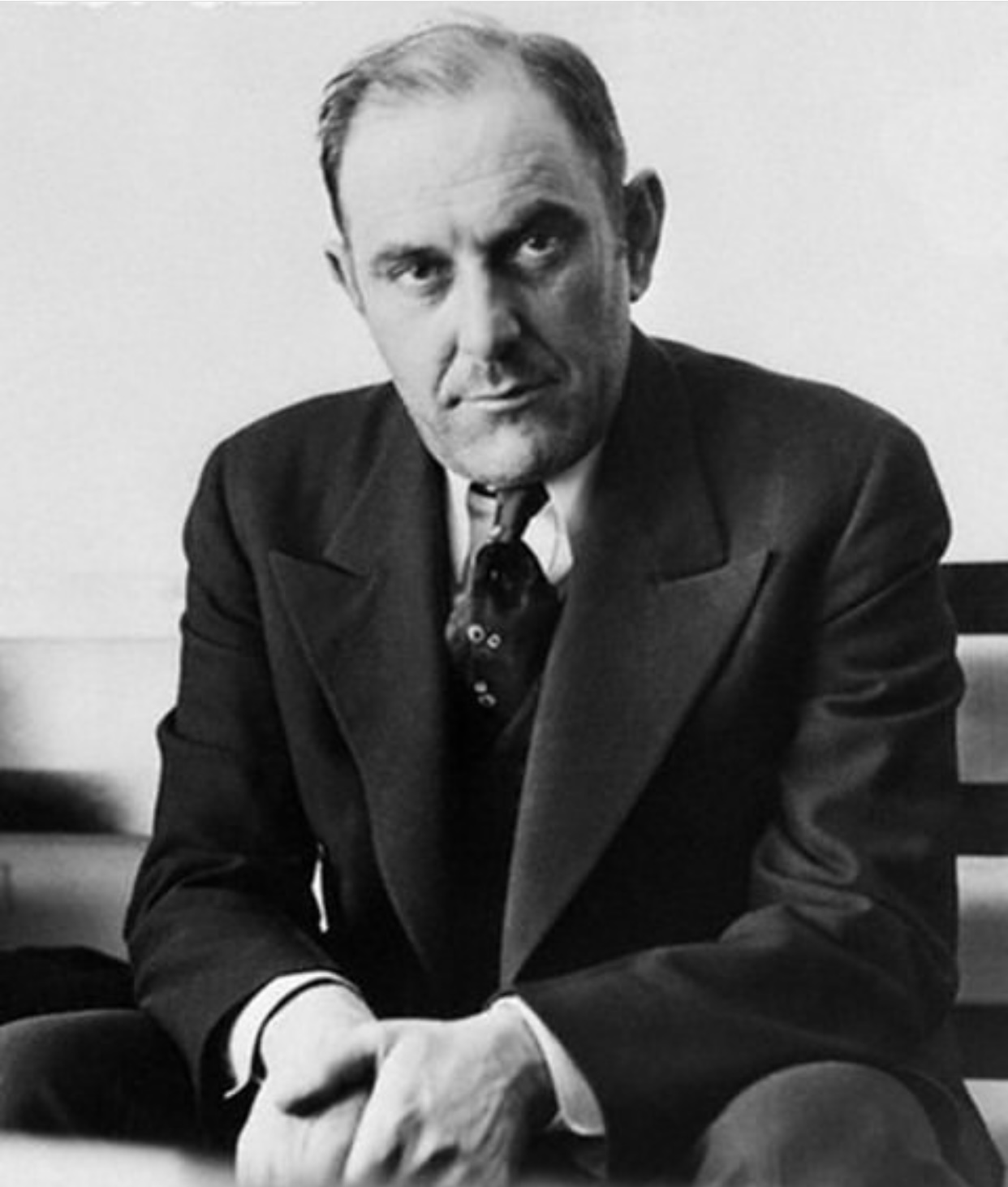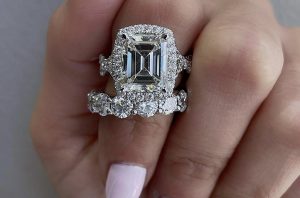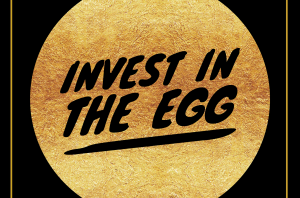As long as there have been marks with money, there have been con artists ready to relieve them of it. Now, we’re not talking about two-bit hustlers or street-corner swindlers. No, we’re delving into the heralded playbook of the most successful con man of all time: Victor Lustig. And get this – the man sold the Eiffel Tower. Not once, but twice. Wrap your head around that.
Let’s set the stage. It’s Paris, 1925. Post-World War I, the city is licking its wounds, and the magnificent Eiffel Tower, once the beacon of industrial progress, has become a decrepit eyesore. Here steps in Victor Lustig, a man with nerve steelier than the wrought iron of the tower he’s about to ‘sell.’
This guy, Lustig, didn’t just wake up one day and decide to peddle a national treasure. No, he was a craftsman of deceit, with a resume to prove it. He’s the brain behind the ‘Rumanian Box’ – a contraption he claimed could duplicate currency. He scammed the rich by exploiting their greed, a paradox, but old Vic understood humanity’s flawed desire for more.
Now, the Eiffel Tower scam was a stroke of pure genius. Victor posed as the deputy director-general of the Ministry of Posts and Telegraphs. He cooked up a story on how the tower’s upkeep was so costly, the government had to sell it. Then, he carefully selected a group of scrap metal dealers, men he knew would salivate at the thought of tons of metal for the taking, and invited them to a secret meeting at a ritzy hotel.
The pinnacle of Lustig’s con was his understanding of psychology. The dealers were so involved in their bid for this once-in-a-lifetime opportunity that the idea of the sale being a scam was the furthest thing from their minds. Victor Lustig didn’t just sell them on scrap metal; he sold them on secrecy, on exclusivity, on the idea that they were insiders in a deal of a lifetime.
The man oozed charm, had the look, and flaunted the confidence of royalty. So naturally, when he asked for a bribe to secure the supposed highest bid, who would dare question the scheme? The answer? No one.
After pocketing the money, Lustig fled to Austria, lying low as the news of the ‘sale’ inevitably fell apart. The most surprising part? The shame of being conned was so intense that the winning bidder never reported the crime.
If selling the Eiffel Tower once sounds audacious, doing it twice is astronomical. Yet, Victor Lustig returned and tried his luck again. That’s grit. That’s the audacity.
Understand this: Victor Lustig was no hero. He was a criminal, and his actions were wrong. But the lesson here isn’t about glorifying a crook. It’s about recognizing the power of persuasion, the art of the sale, and the astounding lengths one can go with boldness and brains.
Victor Lustig was eventually caught and spent his last days in Alcatraz. But his Eiffel Tower escapade? It’s become the stuff of legend. It’s a testament to the fact that sometimes the most extravagant lies are the most believable.
Never forget: whether you’re selling a physical product or pitching an idea, conviction is king. Do your homework, exude confidence, and understand your mark. That’s where success lies. And whether you’re in the boardroom or the streets, remember, there will always be those looking to make a tower of fortune from a scrap of nothing. Don’t be fooled – be the one who knows better.





